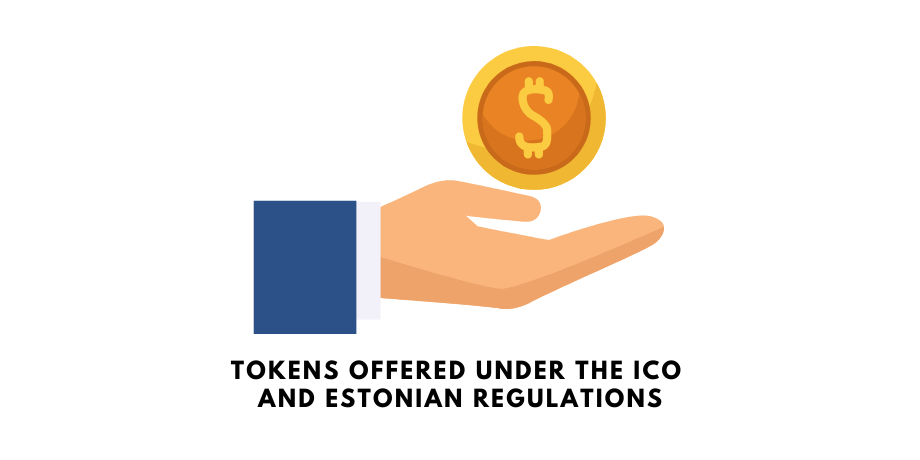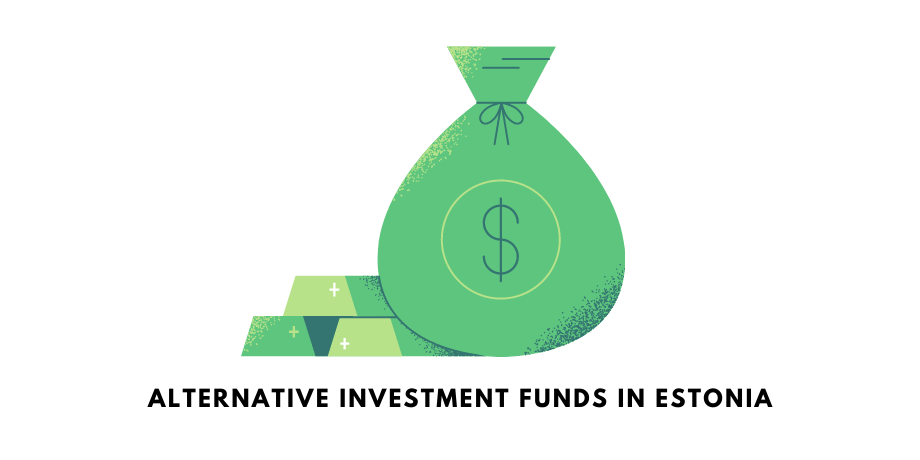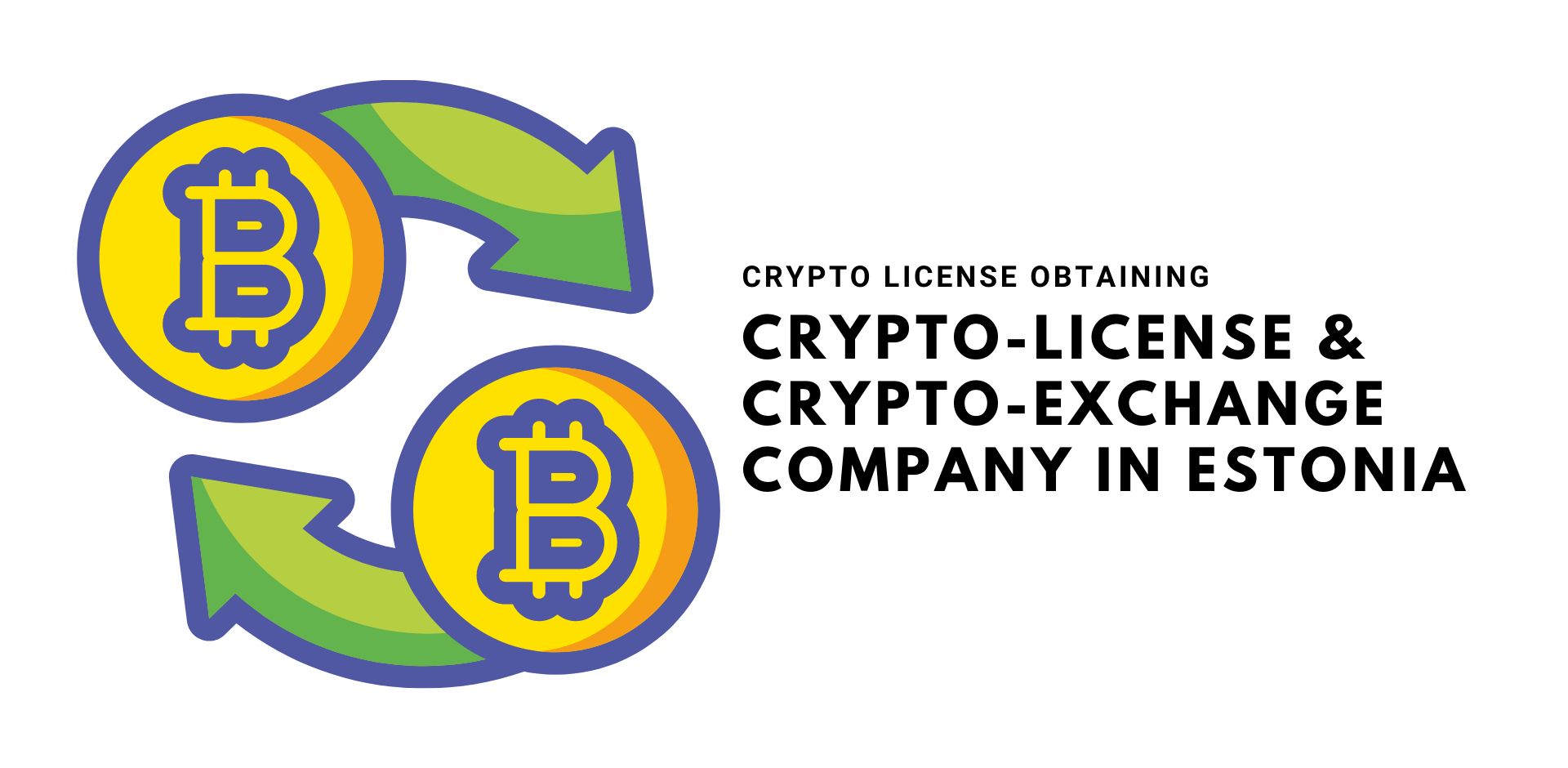The Markets in Financial Instruments Directive Framework
The present article explores some of the EU legal instruments that become relevant when crypto-assets qualify as financial instruments, exposing related enforcement issues in the context to blockchain-based financial applications.

The framework for markets in Financial Instruments Directive (MiFID II) consists of a Directive (MiFID II), a Regulation (MiFIR) and associated implementing acts. The MiFID II framework sets out the obligations for firms providing investment services/activities in relation to financial instruments as defined in the Directive.
Under this framework, such firms must be authorised by NCAs as investment firms and comply with certain requirements, including rules on organisation, conduct of business, consumer protection, transparency and reporting.

The applicability of MiFID II requirements to firms dealing in crypto-assets depends on the type of service/activity provided and the type of financial instrument concerned. In its advice, ESMA assesses the applicability of MiFID II to platforms involved in the trading of crypto-assets. As these platforms perform trading and settlement in different ways, their legal treatment should be differentiated accordingly. Platforms that maintain a central ledger and/or aggregate orders are likely to be considered "multilateral systems " and should therefore operate as Regulated Markets (RMs) under Title III of MiFID II or as Multilateral Trading Facilities (MTFs) or Organised Trading Facilities (OTFs) under Title II of the Directive. Operators trading for their own account and executing orders against their own capital - i.e. acting like broker/dealers - should instead comply with the requirements set out in Title II of MiFID II. Finally, platforms that serve only to advertise buying and selling interests may be treated as bulletin boards that fall outside the scope of MiFID II and recital of MiFIR.

ESMA acknowledges that there are barriers to the de facto applicability of MiFID II and MiFIR rules to firms active in the crypto-assets market. For example, the requirement to verify the reputation, trading ability and competence of investors is hardly compatible with the prevailing practises of crypto-asset trading venues. In the absence of professional intermediation in crypto-asset financial activities, the assessment should be carried out by the platforms/issuers themselves. Due to the large number of investors, such a task would be very resource intensive. Furthermore, as there is no formal barrier to entry for investors (e.g. no minimum investment amount is usually set), it is likely that most participants would not have the necessary qualifications to participate.

Regulated markets and MTFs are typically registered on specific trading venues. Crypto-assets, on the other hand, can be issued and traded on websites without the need to establish a legal entity. This creates territoriality issues that further complicate the applicability of MiFID II requirements. As Hacker and Thomale argue in relation to the applicability of Prospectus Regulation, the existing requirements "should apply if the website is accessible from computers in the EU and tokens can be purchased". However, even if territorial jurisdiction can be established, it is unclear how competent authorities can carry out the necessary monitoring of the platforms' business conduct, detect breaches and enforce possible sanctions.
The most relevant questions arise in relation to platforms that adopt decentralised business models and rely on self-executing pieces of code for their operations (so-called "decentralised exchanges"). While this new type of platform could mitigate traditional counterparty risks, the fact that no accountable operator can be easily identified hampers enforcement of MiFID requirements II. Similarly, ESMA identifies the qualification of hybrid platforms (e.g. those that match orders but do not execute them) and the determination of the applicable rules as problematic.

Contact Us and Apply for a Crypto License in Estonia
Specialists from AlphaLAW will be happy to help you obtaining a cryptocurrency license in Estonia. Our assistance includes the preparation of the list of required documents, help in developing company procedural rules, translation of documents into Estonian/English and support throughout the whole licensing process.
In case you have any questions or are interested in obtaining an Estonian license to exchange cryptocurrencies and other virtual assets for a fiat currency (crypto license in Estonia), please contact us through the following communication channels.





